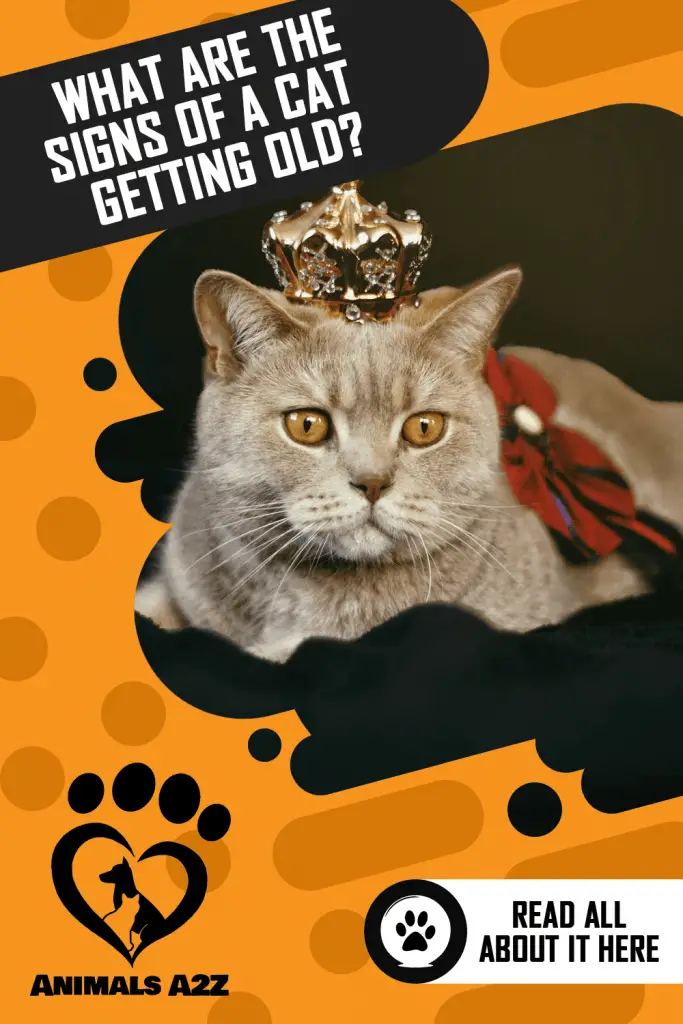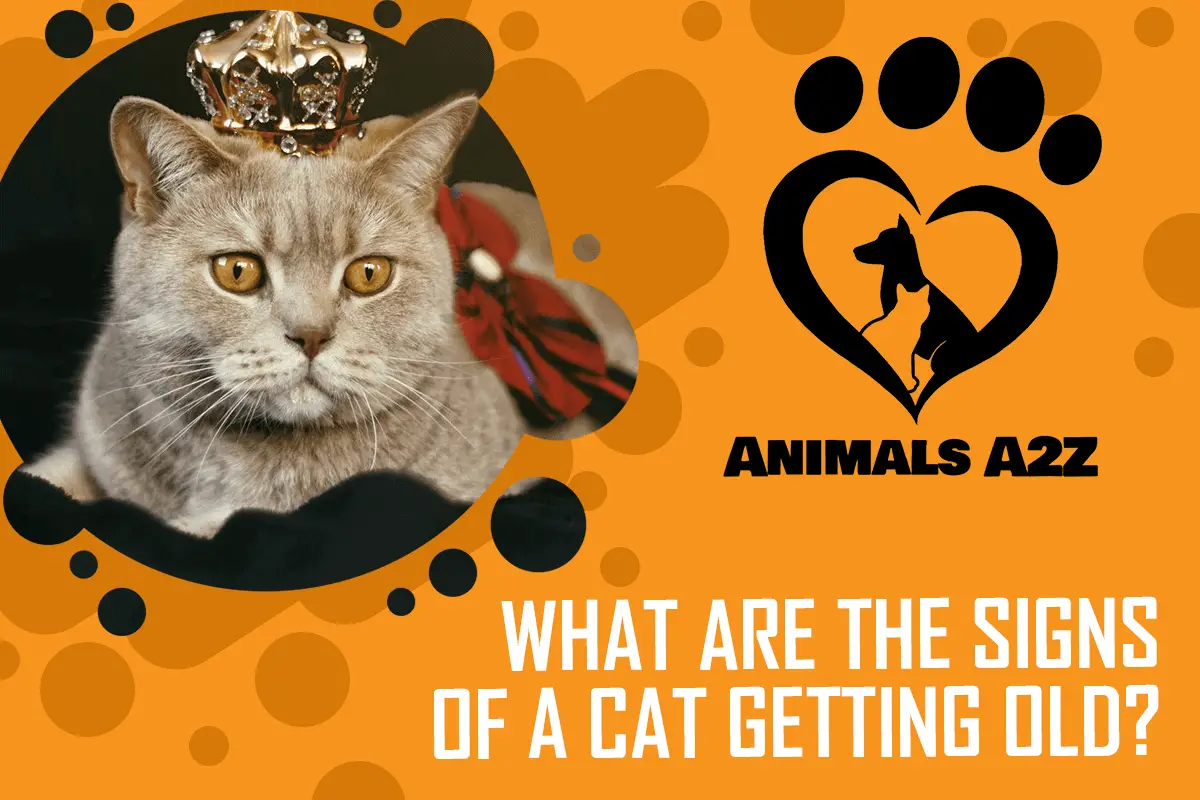Throughout every stage of a cat’s life, it requires different care in order to support its overall well-being – whether that is a kitten’s growth stage or supporting a senior cat’s health. But the question is, when does your furry pal become senior and what particular changes can you notice? Just like humans, the cat’s aging process varies individually and different cats will show aging signs at different times.
Table of Contents
Common signs of aging in cats
Even though each cat is individual and with display aging signs differently, there are also some common processes in aging that happen to every feline. Their taste, hearing, and smell become less acute that creates an impact on their appetites. Also, this can be affected by dental problems like tooth loss, gum disease, or teeth showing wear. A combination of these dental issues can eventually lead to your cat losing weight.
The joints of an aging cat are also less flexible, most especially if it’s affected by osteoarthritis that can result in mobility issues and severe pain. This inflexibility of the joints can affect your cat’s ability to groom himself well, which in turn leaves a bad effect on their skin and coat. The coat of your cat can become whiter and you may see changes in its quality since the sebaceous glands that produce the skin’s nourishing oils are becoming less productive.
Aside from that, the natural ability of your cat to produce an autoimmune response decrease with age thus exposes your cat to more possible risks of diseases and infections. Several metabolic processes such as digestion are also changed since the ability to process proteins and fats decreases as your cat grows older.
Cognitive dysfunction in cats
The following behaviors might indicate cognitive dysfunction in senior cats:
Memory and learning
- Eliminates by eating areas or in sleeping areas
- Eliminates outside his litter box
- Sometimes your cat seems unable to recognized pets and people that he used to know
Spatial disorientation or confusion
- Can’t navigate over or around obstacles and gets stuck
- Wanders about aimless ley
- Stares into space or fixate or stares on objects
Social behavior or relationships
- Needs constant contact, becomes clingy and overdependent
- Less interested in interactions, petting, greeting familiar pets or people, etc.
Apathetic and decreased activity
- Eats less
- Grooms himself less
- Explores less
- Responds less to things happening around him
Increased irritability and anxiety
- Behaves more irritably
- Vocalizes in a more urgent tone
- Seems agitated or restless
Reversed day/night schedule and sleep/wake cycles
- Vocalizes more at night
- Sleeps more during day time
- Sleeps restlessly and wakes up during the night
Senior cats need a dedicated cat owner
The thoughtful parent of a senior cat will go to a veterinarian at least once or twice a year, be extra observant of the changes in his cat, and try to keep a stress-free and consistently comfortable home environment. It’s a challenge to treat older cats. Many aging cats have multiple health issues, which add to what experts call as polypharmacy. This means that a particular aging cat must be on several specialized medications.
[crp]
Common questions about the signs of an aging cat
What are the signs of an aging cat?
Aside from the aging cat signs we have listed above, here are some other common signs that your senior cat may be experiencing:
- Difficulty and/or reluctance to try climbing or jumping
- Strange bumps or lumps
- Changes in weight
- Failure to use his litter box
- Constipation or diarrhea
- Appetite loss
- Lack of urination and/or incontinence
- Listlessness or lethargy
What happens to cats as they get older?
As cats get older, they tend to be less playful and active, they may spend more time sleeping, lose or gain weight, and have more trouble to go to their favorite places. An aging cat will also find it difficult to jump in order to sit on a couch or use the stairs regularly.
Why do older cats get so skinny?
The well-recognized underlying causes of weight loss in older cats include hyperthyroidism, diabetes mellitus, dental problems, chronic renal disease, IBD or inflammatory bowel disease, and exocrine pancreatic insufficiency. Dental disease can highly contribute to weight loss in aging cats.
Conclusion
Aging cat problems are usually similar to those being faced by humans. Aging cats are more susceptible to health issues like vision and hearing problems, dementia, obesity, arthritis, and other diseases like thyroid problems, cancer, diabetes, and liver or kidney disease. Just like we have mentioned above, senior cats are very susceptible to dental problems like feline tooth resorption and gum disease.
Typically, as your cat heads into his senior years, he also begins to slow down. He may be sleepier and less active. Older cats are also more prone to gaining weight, even though some senior cats suffer from weight loss instead. While these changes are simply the result of your aging cat having lesser energy that he once did, they should not be ignored. These symptoms can also be potential signs of serious health problems and must be discussed with your vet.



